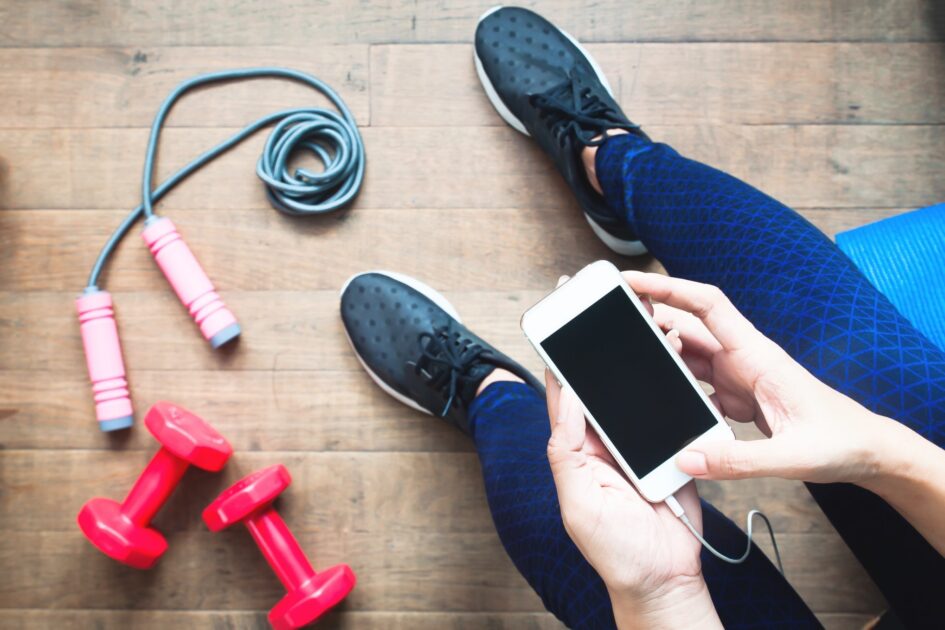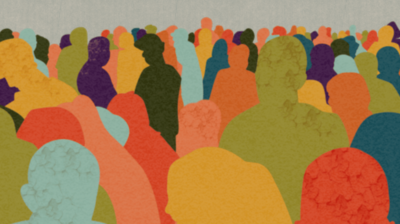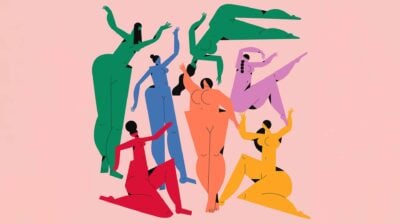Is online diet and exercise culture a bad thing?
Lots of people are sharing their fitness journeys online – it’s important to know what to look out for

Online diet and exercise culture has grown in a huge way. Social media is full of health and fitness influencers. Celebrities often promote products such as ‘skinny teas’ and supplements. Everyone seems to have become an ‘expert’.
Encouraging people to get active and to think about what they’re eating can be a great thing. However, as the ‘be healthy’ culture has grown rapidly, so too has the number of people exploiting the trend. People might feel more insecure than ever looking at pictures of people constantly in the gym or eating a strict diet all the time.
The positives of online diet and exercise culture
Support from online communities can encourage people to try new things. People can find out and be informed of opportunities they wouldn’t have otherwise.
Here are some of the positives around fitness and diet culture online:
Encouragement to eat well and get active
People have access to so much more information because of the internet. There are apps to track your activity and to help you eat healthily. The surge of information and resources for health and fitness helps people to find the exercise, sport or way of eating that works for them.
A positive community
Internet forums and groups can be a very positive, encouraging place. People looking to get into fitness for the first time might feel more comfortable doing so after learning a bit about it and getting advice from other people with similar experiences.
The internet also gives people an opportunity to share messages of body positivity. On social media, you can see people of all different shapes and sizes.
Empowering
There are some genuine social media accounts where people share their experiences of their fitness and health journey. This might empower other people to give something a try and see how it suits them.
Seeing people of different shapes and sizes embracing a healthier life can encourage people to make little healthy changes.
The negatives of online diet and exercise culture
However, there are negatives to online and exercise culture too. Constantly looking at seemingly perfect health and fitness influencers all the time can have a negative effect on your mental health and self-esteem. There is no guarantee that what you hear or read online is accurate or suitable information. The internet is a platform available to everyone, not just reliable sources.
Comparing yourself to what you see online
When you follow influencers, celebrities, and other people online, it can be hard not to compare yourself to them.
The most famous online influencers often look very similar. Sometimes those that don’t fit into the current beauty standards edit their pictures or get cosmetic procedures so that they do.
This can put a lot of pressure on people following them. If everyone you see on your feed looks a certain way it’s natural to think that you should look that way too. People are all different. Your size or shape is not an indication of how healthy you are. It is certainly not an indication of your worth. Embrace your differences. That’s what makes you unique and special.
Comparing your lifestyle to an influencer’s lifestyle
You might also compare your lifestyle to them. The lifestyle they promote on social media is probably very different to the life they actually live. Remind yourself that this is their job. They spend a lot of time creating a picture of their life that most likely doesn’t represent what’s happening behind the camera. The way a life looks on the outside doesn’t say anything about how much love, happiness or fulfilment it has on the inside.
Mental wellbeing and eating disorders
Comparing yourself to those you see online can have a negative effect on your self-esteem. If someone has an eating disorder, seeing people online always monitoring what they eat and exercising might trigger eating disorder thoughts or punishing and negative self-talk.
If you’re struggling with your self-esteem or worried about an eating disorder, reach out to someone for help. Talk to a friend or family member about how you’re feeling, or go to your GP to discuss your mental health. Remember to look after yourself.
Getting trustworthy information
Anyone can start a social media account and say what they want, within reason. Some fitness influencers are paid to promote products, or are sent products for free that they have to post about. They might not have even used or believe in these products themselves. This can be very dangerous for someone who buys this, particularly if it is health and fitness related.
Diet programmes, supplements and diet teas could cause you health problems if they are not safe or healthy. If you want to take nutritional supplements it’s best to talk to a doctor or pharmacist first to learn more about them. If you are buying anything online, research it first to find out if it is trustworthy. Some things to ask yourself when researching online include:
- Is the supplement recommended by a qualified professional or a verified organisation?
- Could the person recommending the product have been paid to say good things about it?
You have no way of knowing if an influencer has actually used a product or service or not. They might claim that they look a certain way because of a supplement or fitness plan. Photo editing apps and software can be very good. It can be almost impossible to spot if a photo has been edited or not. Someone might have used other products or services to look the way they do as well but make it sound like the one they are promoting is the only one they used.
Read our article on the secrets of social media influencers to learn more.
Understanding what you can trust
With so much information online, it can be difficult to know what you can trust. Here are some articles on social media influencers & finding trustworthy information online:
- Who can I trust for diet and fitness advice?
- What is a social media influencer?
- Secrets of a social media influencer
- Should I take health supplements?
Feeling overwhelmed and want to talk to someone?
- Get anonymous support 24/7 with our text message support service
- Connect with a trained volunteer who will listen to you, and help you to move forward feeling better
- Whatsapp us now or free-text SPUNOUT to 50808 to begin.
- Find out more about our text message support service
If you are a customer of the 48 or An Post network or cannot get through using the ‘50808’ short code please text HELLO to 086 1800 280 (standard message rates may apply). Some smaller networks do not support short codes like ‘50808’.






